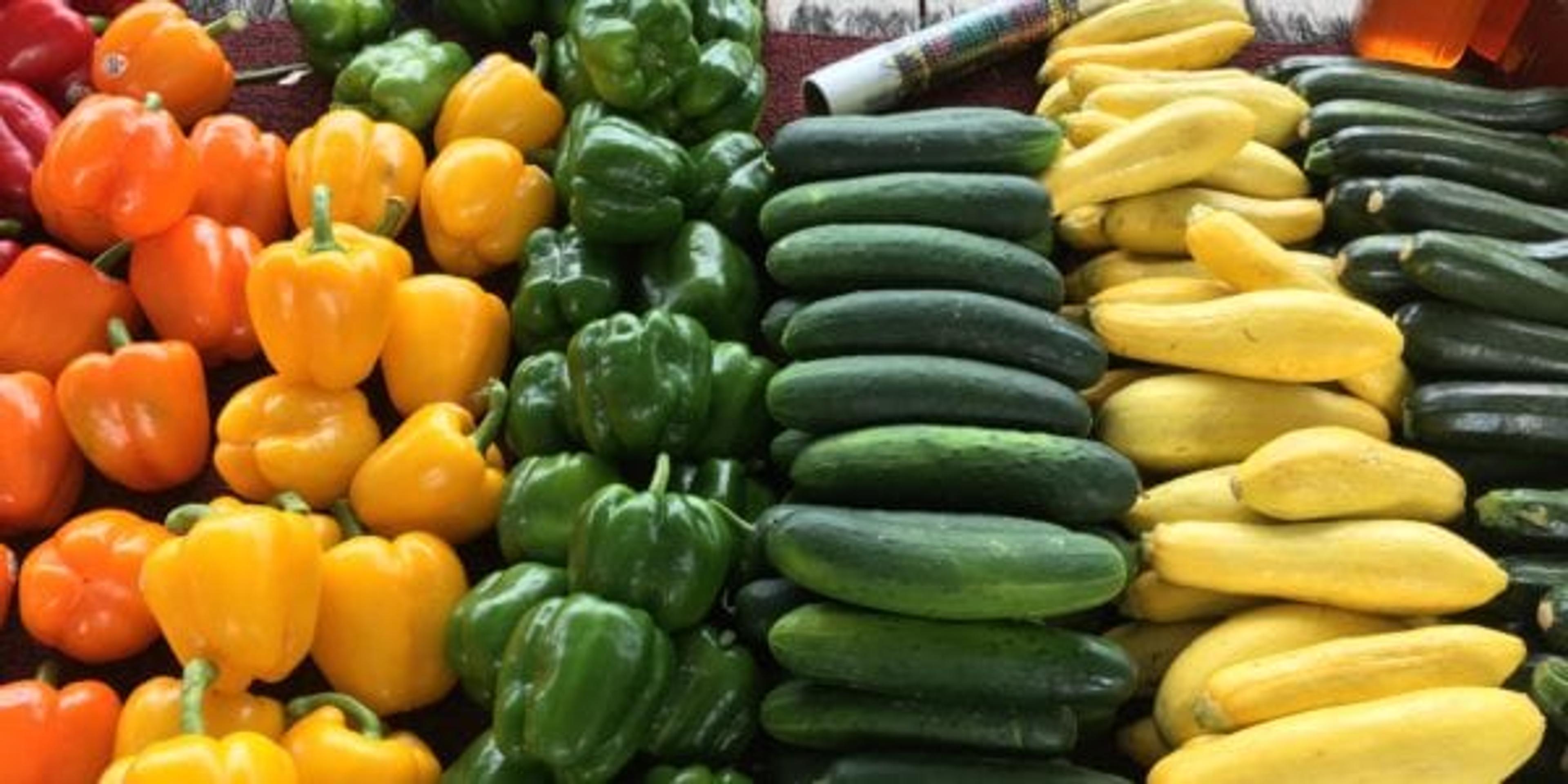Don’t Make These Common Meat-Free Diet Mistakes

Katrina Danko
| 4 min read

Vegetarian and vegan diets have been rising in popularity for health, ethical, and many other personal reasons. When done right, they can be beneficial when it comes to weight loss and overall healthy living. However, there are many pitfalls when it comes to cutting meat out of your diet.
You may think that no meat means you will automatically adopt a healthier diet, but many beginners make mistakes that could do more harm than good. Make sure you don’t make these common mistakes when you make the switch and find out how you can avoid them:
- Your diet lacks protein, iron, and B vitamins.
Having a nutrient-poor diet is the most common pitfall when starting a meat-free diet. Removing meat from your plate should not mean you are eating less food overall. It should be balanced by other sources of protein, iron, B vitamins, and other nutrients found in meats. How can I avoid this? – You can find B vitamins and iron in leafy greens and certain fruits. Seeds, tofu, and beans are also good sources of iron and protein. There are plenty of other nutrients that may go missing in your diet after you cut out meat. Talking to a physician or dietitian before starting a vegetarian or vegan diet can help you decide if your diet can supply the nutrients you need.
- Your whole diet is carbs.
When cutting meat from your diet, you may want to turn to heavy, instantly satisfying foods such as heavy pastas, breads, and anything piled high on French fries or mashed potatoes. Even though macaroni and cheese is technically vegetarian, you are still missing important food groups on your plate. How can I avoid this? – It is important to maintain a healthy amount of carbohydrates in your diet, but eating healthier complex carbohydrates will feel more satisfying throughout the day. Complex carbs often are more nutritious and less processed than refined carbs such as white bread and white rice. Fruits and vegetables are an often forgotten carbohydrates source. You can also substitute whole grain breads and pastas, legumes, and quinoa into dishes that are typically high in refined carbs.
- You replace meat with cheese and other junk foods
With poor planning, what was supposed to be a healthy switch to a vegetarian/vegan lifestyle ends up being a junk food frenzy sans meat. Even though cheese is not a diet-destroyer, consuming too much of a good thing will catch up with you. Junk food and many cheeses are high in fat and can weigh you down. While it is okay to indulge in a cookie or other snacks every once in awhile, constant snacking on junk foods will feel like you are canceling out the benefits of your new meat-free diet. How can I avoid this? – Adopting a vegetarian or vegan diet is not always easy if you are not equipped to make healthy, satisfying meals and snacks. For example, switching your lunch from a sandwich with meat, cheese, and other toppings to a grilled cheese or cheese pizza is an easy adjustment, but not necessarily healthy. Doing your research and experimenting in the kitchen before you quit meat will help you learn how to incorporate healthy meat-free dishes into your meal plans. Discovering new recipes and foods that work into your busy schedule can make you more conscious of how healthy your foods are and can help you avoid the speed and convenience of packaged junk foods.
- Believing “Vegetarian” or “Vegan” on the label means “Healthy”
Don’t fall into this trap! Vegetarian and vegan foods are often marketed as healthy alternatives. After looking at the ingredients list and nutritional facts, many packaged and processed meat-free foods can be high in sugar, salt, and other unhealthy ingredients that contribute nothing good to a healthy diet. A major deceiver is products like veggie burgers found in the freezer section of any grocery store. While some are made with natural and healthy ingredients, others are made with mystery fillers that lack nutrients and are packed with sodium and preservatives. How can I avoid this?– Although many of these options are quick and easy to cook, don’t rely on them as staples in your diet. Read the ingredients on the package to make sure what you’re eating is as healthy as it appears. The only way to know for sure exactly what’s in your food is to prepare it yourself with fresh ingredients. Making large batches and freezing the extras can save time and makes for convenient meals and snacks throughout the week.
Do you have tips to share with new vegetarians and vegans or those considering dropping meat from their diets? Share your best advice in the comments.
Photo credit: Katrina Danko





